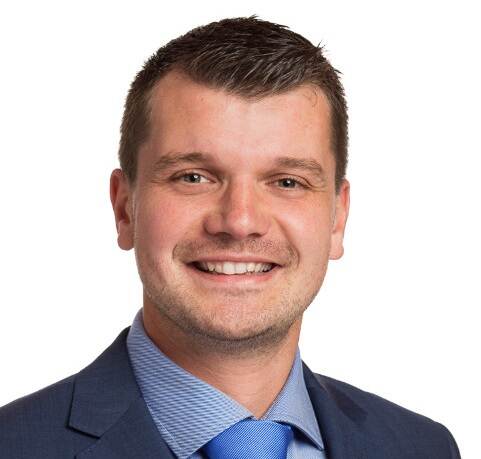A thriving poultry industry in Côte d'Ivoire
Mark Hop from Koudijs in Côte d’Ivoire: “More than the investment code, the most important thing for an investor is the rules of the market”
The issue of food security is a priority for Côte d’Ivoire. Along food crops, animal and fish resources have their own importance. Very dependent on imports, Côte d'Ivoire is multiplying programs to develop the poultry and aquaculture sectors with ambitious objectives. The Second Generation Strategic Plan for the Recovery of Poultry Farming (PSRAII), which covers the period 2022-2031, aims to increase the production of poultry meat to 200,000 tonnes and of eggs to 3,371 million per year by 2030. As for the Strategic Program for the Transformation of Aquaculture in Côte d'Ivoire (PSTACI) over 2022-2030, the objective is to allow Ivorians to consume 100% local fish by 2023 with a production of 500,000 tonnes.
A Thriving poultry industry
Poultry farming has grown considerably in recent years in Côte d'Ivoire. Since 2009, broiler production has grown at an average rate of 13.9% per year. Today, local supply covers almost all of the national demand, which is growing, with poultry meat being very competitive in terms of price compared to beef, pork or fish.
“Côte d'Ivoire made the very right decision in 2009 by establishing a tax on frozen chicken imports, which allowed the poultry sector to develop rapidly,” says Mark Hop, managing director of the Dutch animal feed manufacturer Koudijs. in Abidjan, a subsidiary of Royal De Heus. Present on the Ivorian market since 2008 for export via their historic partner KDS, Koudijs invested in a warehouse and after into the construction of its own food factory. It was completed in 2022 with a capacity of 120,000 tonnes per year and a 75% supply of local raw materials such as cottonseed cake, rice, cashew, soya, corn, etc.
The decree has been renewed until 2029 and therefore the Ivorian market is protected until this date.
A policy that has seen the birth of national champions alongside a multitude of small and medium production units. FOANI Services and the Ivorian Animal Production Company (SIPRA) are models of an integrated sector along the value chain from breeding farms to hatcheries, including feed factories, slaughterhouses, distribution.
The value chain is not, however, free of difficulties. “The sector still needs to structure itself and the State must play an important role in this area,” emphasizes Mark Hop. An effort must be made in terms of biosecurity. Last year, there was a severe outbreak of avian flu around Grand Bassam, an outbreak that was poorly contained. Furthermore, “99% of chickens and eggs are sold on the markets. It is the weakest link in the entire value chain. Market sales will continue, but the farm where the chicken or eggs come from must be registered to ensure traceability,” suggests the general manager. While chicken imports have drastically decreased to less than 1,000 tonnes per year, illegal ones from Liberia and Ghana in particular are flourishing. More frequent and regular customs checks are needed.
Aquaculture, a necessary political will
Ivorians also consume a lot of fish. It is one of the main sources of animal protein with an average consumption of 24 kilos per capita per year. The consumer market is already there but local production, both fisheries and aquaculture, is not keeping up, covering only around 1% of national needs. As a result, Côte d’Ivoire imported more than 700,000 tonnes of frozen fish last year, mainly from Asia, at a cost of around FCFA 300 billion per year.
Côte d'Ivoire has lagoons, lakes and numerous lowlands suitable for aquaculture activities. “One of the first things that the Ivorian government did so well to develop the poultry sector was to tax frozen chickens. If it takes such a step on frozen fish and removes VAT on locally produced food, the aquaculture market will develop very quickly,” says Mark Hop. Stating, “Our customers pay VAT on the fish feed that we sell on the market. There is no VAT on imported frozen fish, which means that we are not playing the same game.”
If the rules of the game are favorable and if the Ivorian State takes measures similar to those for poultry farming, the market will develop quickly. “More than the investment code, the most important thing for an investor are the market rules. All the tax advantages that we can have are only in the short term. However, if we invest in the short term, I do not think that this will help to develop the country”, says the director of Koudijs Côte d’Ivoire.
This article is part of a series of article written my CommodAfrica made in light of 6th edition of SARA 2023 with the Kingdom of the Netherlands as country of honor in Côte d'Ivoire. The french version also available.
